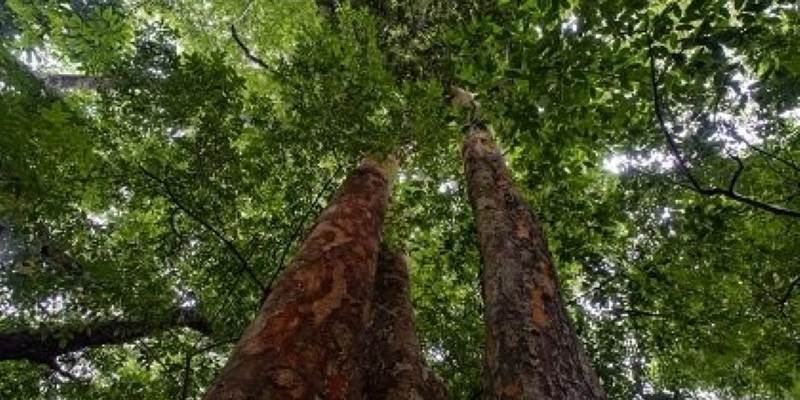The world’s second largest tropical rainforest is situated across Cameroon, the Central African Republic, the Democratic Republic of the Congo (DRC), the Republic of the Congo, Equatorial Guinea and Gabon. This forest is immensely important not only to the people that live there, but to fight climate change. By its ability to absorb the CO2 we emit, it is key to achieve the two degrees target of the Paris Agreement. The forests also harbours incredible biodiversity and generates humidity and rainfall that reaches as far away as the Sahel, rainfall that is key to the food production and livelihoods of millions of African families. However, these forests are under increasing pressure. More than one million hectares is lost every year. Central African Governments find themselves caught in the intertwined challenges of poverty reduction, food security, climate change and the conversion of tropical forests to farming, charcoal production, mining concessions and infrastructure projects. In parts of the region (DRC and Cameroon), increasing demographic pressure is the most important underlying cause of deforestation.
The Central African Forest Initiative (CAFI) consists of the six forest countries in Central Africa and seven donor countries, including Norway. It was these countries that were invited to gather around the table and discuss the way forward.
CAFI was launched in 2015, during the same UN General Assembly that endorsed the Sustainable Development Goals. This is significant, because it underlines that CAFI is not solely a conservation initiative, but seeks to combine the objectives of forest preservation and sustainable development. As Ambassador Hans Brattskar said in his welcoming words:
“CAFI is about developing a green, deforestation free economy that offers employment and generates revenues without destroying the forest and the rest of the resource base”.
UNDP-director Maria Luisa Silva reiterated the developmental aspect and said that activities supported to protect the forest “must also provide development co-benefits in the form of employment, enhanced food security, better access to and protection of land rights or empowerment of women and girls”.
The objective of CAFI is therefore for partners to work together in the region, to address drivers of deforestation and promote sustainable development. Activities have already started in DRC and Gabon. The preparation of national investment plans are taking place in Cameroon and the Republic of Congo, and progress is being made in Equatorial Guinea and the Central African Republic.
Ambassador Ngay of the DRC affirmed this, saying that: “the Government of the Democratic Republic of Congo places the forest at the heart of the economic and human development of the country”.
The CAFI executive board is currently headed by France. Deputy Permanent Representative of France, Mr. Gave, underscored the three priorities for their chairmanship; to follow-up the commitments expressed by partner countries; to enlarge the pool of resources and align investments; and to focus on communication to raise awareness of deforestation. “To save the forest and participate in the fight against climate change, we must act together as partners and have a holistic vision for our efforts”, he said. CAFI provides the needed framework for this collaboration.
Further reading:
«The Central African Forests: Key to a Cooler Future for All of Us» (short film)
